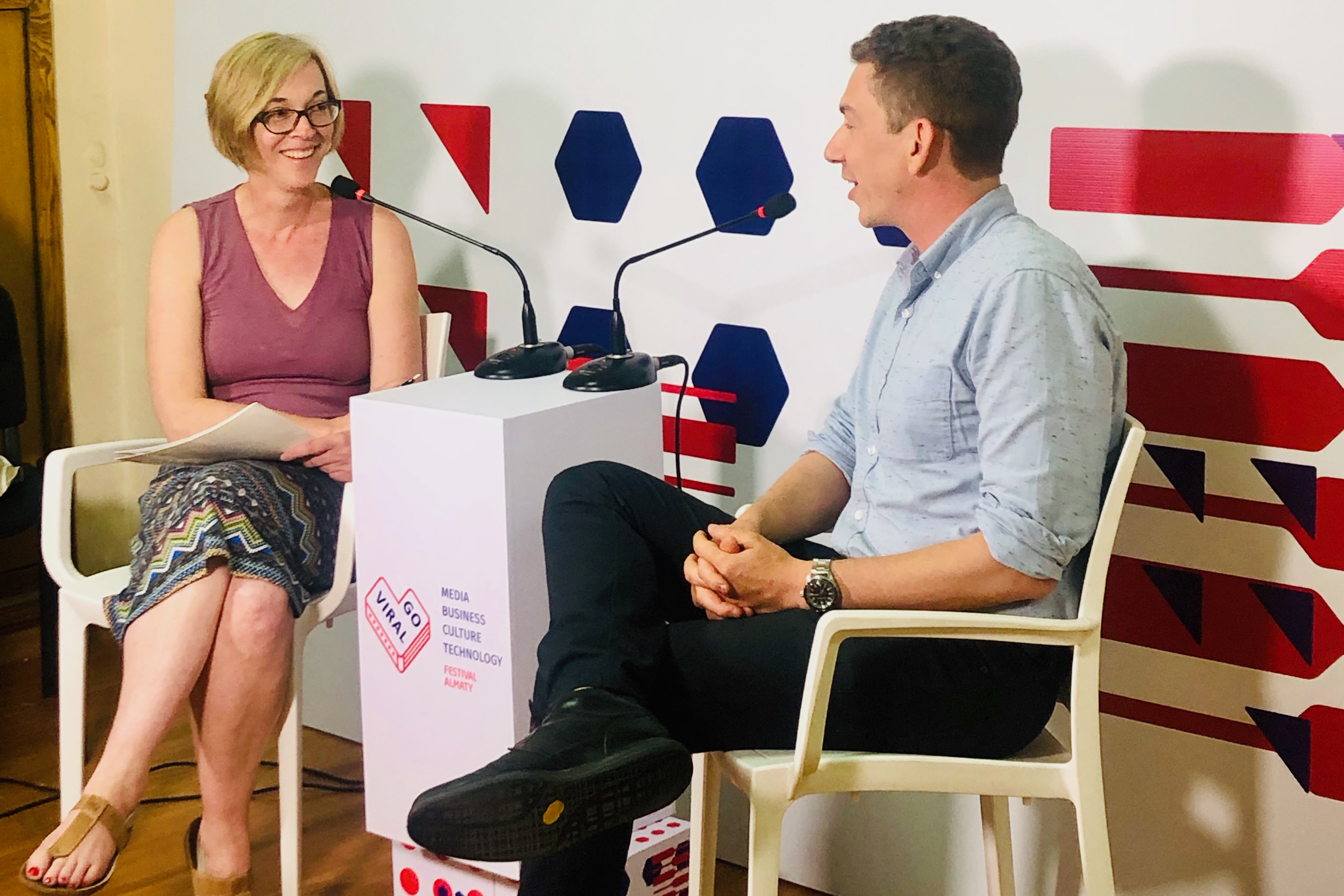conference
-
Notes from LeWeb Conference, London
–
Today I virtually attended a couple of talks of the LeWeb conference in London. A few brief notes: Jason Goldberg, Founder & CEO & Bradford Shane Shellhammer, Co-Founder & Chief Creative Officer, Fab & Michael Arrington, General Partner, CrunchFund Best selling item on Fab.com? A vibrator. They’ve sold “tens of thousands” of them, especially the colorful…
-
Inside Social Apps 2012: Monetizing Social Games on Facebook: Today and Tomorrow
–
Monetizing Social Games on Facebook: Today and Tomorrow Terry Angelos, Co-Founder and CPO, TrialPay Will Harbin, CEO, KIXEYE Lisa Marino, CEO, RockYou Rony Xu, CPO, Happy Elements With the requirement that Facebook Credits become the exclusive premium virtual currency in social games on Facebook starting last July, there was much debate in the developer community…



